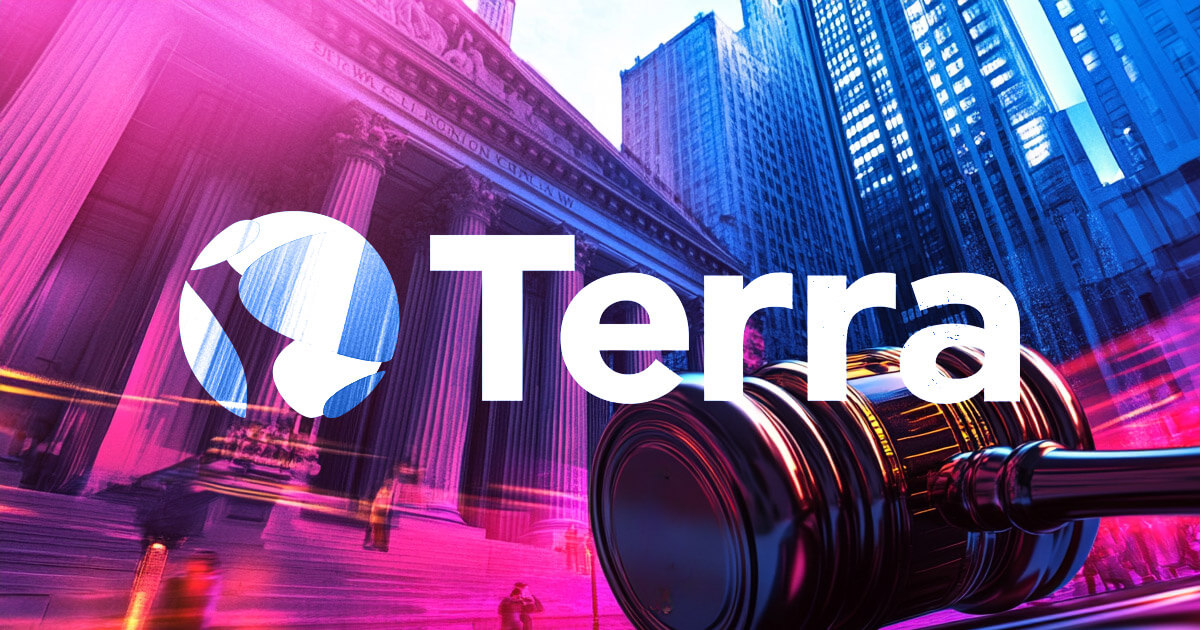The discussion of Bitcoin adoption has been prolongedly considered worldwide since the cryptocurrency is used in almost all countries and is widely used across various industries. The price of Bitcoin has also stabilized if we look at its history of nearly 20 years on the market, despite its volatility spikes. With so many sectors and cultures interested in digital coins, further regulations are approached to facilitate the adoption of Bitcoin.
But what does it take for Bitcoin to be fully adopted in a country? Taking the example of what El Salvador tried can help us figure out that no government can fund and support the financial challenges of making a cryptocurrency legal tender. There should be a guideline on the economic background necessary and also the social position of the country in regard to worldwide technology development to create a stable ecosystem that nurtures digitality.
An increasing number of countries are taking action to make Bitcoin more accessible and beneficial for the economy, including African countries.
What kind of regulatory change has Nigeria made?
At the beginning of the month, the Nigerian government agreed to make blockchain technology legally usable in the country. The minister of communications and digital economy approved the “National Blockchain Policy for Nigeria” to help the country’s economy by nurturing the institutionalization of blockchain technology.
The country’s federal executive council (FEC) aimed to introduce blockchain technology in sectors like banking, security, education and commerce to step towards the country’s digital transformation. The minister also declared this movement to help ensure data integrity in companies. After the 2021 ban on cryptocurrencies, this significant change makes room for innovation on the continent open to experimenting with new digitalization approaches.
What was the history of crypto regulation in Nigeria?
Nigeria has a love-hate relationship with cryptocurrencies, but the country is not the only one concerned about the safety and reliability of these digital coins. For example, in 2017, the government stated the risks associated with blockchain-based technologies, such as cryptocurrencies like Bitcoin. Later, in 2021, Nigeria banned banks from facilitating transactions with Bitcoin or any other cryptocurrency.
The government has also created a centralized digital currency, e-naira, launched in the same year. At the same time, the Security and Exchange Commission built a policy framework directed at token-issuance platforms. Nigeria’s national blockchain adoption strategy included various aspects intended to contribute to GDP, such as improving transparency and efficiency in crypto governance and creating more jobs within the digital economy sector.
What does this change bring within Nigeria’s Bitcoin acceptance framework?
Despite the ban on banks using Bitcoin, the national blockchain policy is a welcomed development for the country’s technological advancement. Considering the approach is controlled by government bodies, from the National Information Technology Development Agency to the National Universities Commission, the institutionalization of cryptocurrency adoption helps create a regular environment.
The crypto market in Africa has significant potential to become something great, but only a small part of the Sub-Saharan area formally regulates cryptocurrencies. A considerable area of the continent has some restrictions regarding cryptocurrency transactions, but the market is one of the fastest-growing capitals in the world. People use cryptocurrencies for commercial payments, with Kenya, Nigeria and South Africa having the highest number of users.
What are the risks involved with adopting Bitcoin as a legal tender?
Investors, developers and avid crypto users push the market towards worldwide crypto adoption, but things aren’t that easy to achieve. Following the cases of the Central African Republic and El Salvador, after making Bitcoin legal tender, they have experienced a decline in economic growth; we can say that adopting cryptocurrencies in a country where other developments are important is not the best of ideas.
Given the world’s current financial struggles, adopting cryptosystems as national currency is a step too far to innovation, especially for developing countries. Such an effort requires considerable investments in the first place that can deepen the country’s debt. Plus, making crypto legal tender needs to be done in regard to creditors in payment of monetary obligations. Many countries started taxing cryptocurrencies, but the legal framework is still unclear, hindering the taxation process and frustrating investors.
Of course, the most considerable risk of taking this economic approach is the high volatility of cryptocurrencies. Although Bitcoin’s volatility spikes are not worrying now, experts can always predict such a movement depending on bullish or bearish market changes.
What are the supposed benefits of making cryptocurrency legal tender?
Of course, there are benefits to taking this measure in response to technological advancements. One of the reasons why people continued investing in cryptocurrencies after such a long time since their release on the markets is that traditional financial systems failed them so many times. However, neither of these solutions is perfect.
The pros of accepting Bitcoin as legal tender, being the first cryptocurrency ever created and becoming a famous alternative to national financial options include efficiency and security. For example, Bitcoin is censorship-resistant, meaning that transactions cannot be reversed since no official entity handles these economic activities.
Bitcoin is also fast and relatively cheap. Compared to Visa transactions, for example, Bitcoin is much quicker in regard to the speed of a transaction being approved, which helps millions of users. At the same time, since transactions don’t go through a series of intermediaries, there are little to no fees for these transactions.
Finally, Bitcoin has an anti-inflationary system that can fight one of the biggest problems of the current financial system: inflation. Currently, inflation affects many countries and is expected to be followed by a recession in 2023, which is yet another hit for consumers. With Bitcoin, the block-rewarding halving system is deflationary by design, which would considerably minimize future inflation triggering.
Bottom line
As Nigeria adopts a new regulatory framework on blockchain technology, it opens the path to new possibilities and growth opportunities for using blockchain in its most important industries. On the other hand, Bitcoin transactions through banking systems are still banned. Still, the government’s digital coin might be a temporary solution for the increasing number of crypto investors on the continent.
Disclaimer: Any information written in this press release or sponsored post does not constitute investment advice. Thecoinrepublic.com does not, and will not endorse any information on any company or individual on this page. Readers are encouraged to make their own research and make any actions based on their own findings and not from any content written in this press release or sponsored post. Thecoinrepublic.com is and will not be responsible for any damage or loss caused directly or indirectly by the use of any content, product, or service mentioned in this press release or sponsored post.
Credit: Source link















































